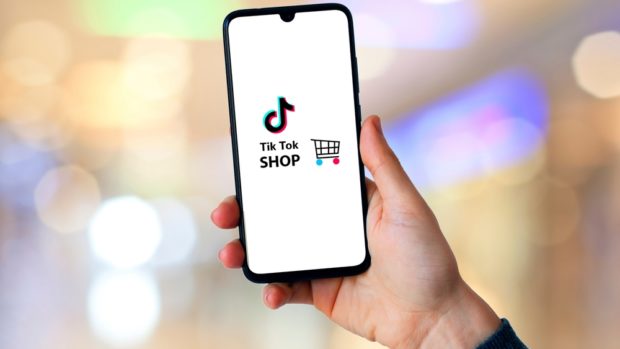
The latest ONS Retail Sales figures don’t paint a pretty picture. Retail sales volumes fell by 1.6 per cent in August 2022, continuing a downward spiral since summer 2021. Online sales which had been more robust, took a hit in August – down 2.6 per cent – as consumers returned to stores.
The figures show while the pie is smaller, online retail sales are making up a larger slice. Just over a quarter of sales are conducted online now, compared to under a fifth pre-pandemic, but as we enter the final quarter of the year there are some tough times ahead.
The storm clouds are gathering on the horizon and they are coming in fast as consumer confidence is plummeting in the face of soaring inflation and rising energy bills, and there will inevitably be some tough months for retailers coming.
With costs of acquiring new customers spiking, we are arriving at a perfect storm for retailers of falling consumer spending, coupled with increased marketing and shipping costs. In these moments, retailers need to look at every area of their business for efficiency savings.
Streamlining operations
One of the biggest challenges for direct commerce businesses is fulfilment. The choices facing them are to handle logistics internally or outsource fulfilment to a third-party logistics (3PL) company.
Although 3PL and internal fulfilment have some overlap, outsourcing to a 3PL offers more flexibility and gives you peace of mind, while handling things yourself lets you have more control over the process. There is no one right way to proceed as it will depend on your unique needs and what you’re willing to take on.
Before you make a decision, there are many pros and cons to weigh, questions to ask, and costs to calculate and compare, as this turning point will affect scalability and the need to invest in headcount, infrastructure, and time to learn the ins and outs of running a large scale fulfilment operation.
Advantages of in-house fulfilment
Completing order fulfilment in-house gives you ultimate control over how your items are stored, picked, packed, and shipped to customers. If you or someone on your team is already an experienced fulfilment expert, your distribution network is a core competency, or you’ve already built out your own eCommerce supply chain, you may be at an advantage to oversee fulfilment yourself.
Avoiding overheads
However, outsourcing to a 3PL partner comes with advantages. When you hand off fulfilment to a partner, there is a lot less for you to worry about when it comes to setup, workload, overhead optimisation, and maintenance. Purchasing land or leasing warehouse space that meets your needs can be a huge investment that few can afford. You’ll need loading docks to receive inventory, proper shelving units and warehouse racks, and be optimised to efficiently generate pick lists and pack orders which can be prohibitive.
Time efficiencies
Hidden costs of self-fulfilment can be very expensive and require a great deal of your attention. And it’s not just about the money; many eCommerce companies find that the time it takes to manage inbound and outbound logistics processes would be better spent on more strategic activities to grow their business, ranging from marketing to product development.
Scaling up and down
Another important consideration is how your operations will be able to suddenly ramp up or even slow down when order volume changes. Even the best inventory forecasting can’t always keep up with unanticipated variability in consumer demand. What happens if several staff quit or you have a huge spike in orders? Will you be able to adjust and ship packages out on time? It’s critical to plan for peak season accurately and proactively, in addition to any other highs and lows.
A 3PL is an expert in fulfilment operations and inventory management, including receiving, picking, packing, shipping, labelling, carrier pickups, returns, and more. This makes it easy to quickly get started with a 3PL that already handles large volumes of shipments and fits perfectly into your supply chain.
Economies of scale
And with volume comes bulk discounted shipping rates, a network of partners that help drive faster and more effective service, a mastery of fulfilment best practices, and the ability to easily scale their workforce and handle any spikes in volume to help ensure a smooth Q4 and holiday season.
Any modern tech-enabled 3PL will have streamlined shipping and fulfilment solutions for eCommerce businesses. This entails seamlessly integrated systems that connect to all the places you sell online to automatically send orders to the 3PL after they are placed, as well as real-time inventory tracking reports and automated order tracking. You can even manage inventory in your 3PL’s fulfilment centre and automate alerts to reorder more when product levels are running low.
While outsourcing to a 3PL is not the perfect solution for every business, in tough times every saving is crucial. Businesses should look to outsource where possible and working with a 3PL can provide an advantage.








Share